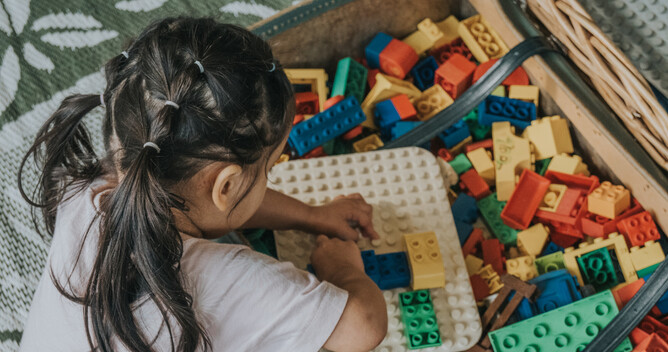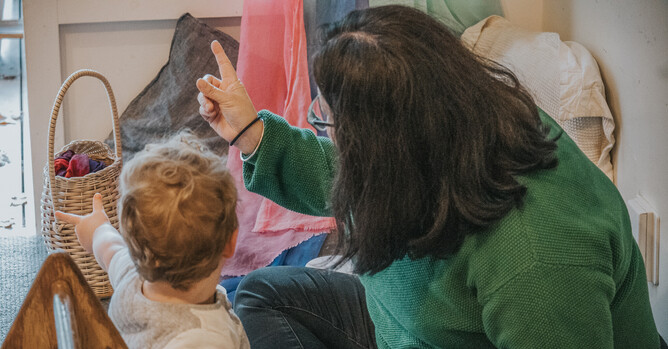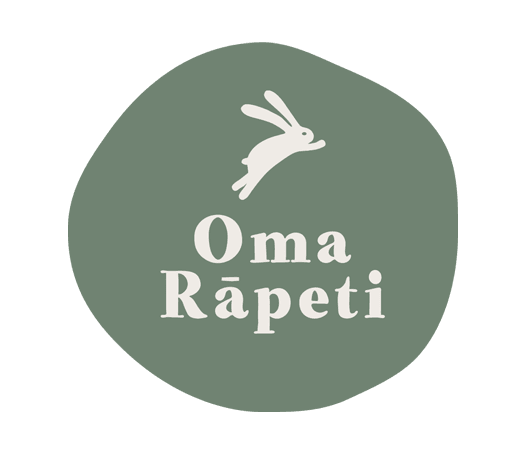Understanding and Addressing this Common Behaviour
If you are, or have ever been, a parent of a child who attends an early childhood centre, it’s likely you have experienced the dreaded message from your child’s teacher:
‘Unfortunately, your child was bitten today.’
Or, perhaps even worse:
‘Unfortunately, your child bit another today.’
It can be distressing to learn that your child has bitten someone or has been bitten at their early childhood centre, however, it may be of some comfort to know that biting is a relatively common behaviour among young children.
Why do children bite?
Let’s look at some reasons why biting is most likely to occur:
1. Exploration: Infants and young toddlers explore their world through their mouths.
2. Communication: Behaviour is communication and children may bite to express frustration or needs, especially pre-verbal children.
3. Insecurity: A child may bite if they feel overstimulated or overwhelmed by a situation, the environment, or others around them.
4. Big emotions: Young children’s ‘emotional brains’ are in the process of developing (the limbic system is responsible for regulating behaviour and emotions). Biting can be a way to release strong feelings. Even if the child has the language development to express themselves in other ways, they’re highly unlikely to have the emotional regulatory capacity to do so.
Biting is an involuntary urge
It is important to remember that biting is an urge that young children cannot control because they have not developed the social and emotional skills needed for regulating their behaviour yet.
Biting is therefore neither ‘naughty’ nor manipulative behaviour. We know this because if a child has developed the cognitive skills needed for manipulation, they would also have developed the skills to regulate their feelings and choose how to respond to a situation.
Put simply, young children are cognitively incapable of manipulation. They are merely reacting to the world with their emotions. Using labels like ‘naughty’ is unfair because young children are not able to quickly assess a situation and decide how to respond or behave. Labels like these also have a habit of turning into a self-fulfilling prophecy, so it is important not to call a child ‘a biter,’ too.
How to appropriately respond to biting
What can we do when confronted with a biting incident? Remembering that young children have underdeveloped emotional brain structures is helpful when it comes to regulating our own behaviour when presented with any situations of conflict. More importantly, our own reactions can help children develop their limbic systems (eventually - this process takes many years!). Let’s look at what we can do.
Stay calm and take a deep breath if you need to. If a child has just bitten someone, they are essentially asking for help in the only way they knew how to in that moment. They need their parents or teachers to be cool, calm, and collected, and to guide them through the situation. Our reactions set the tone and model behaviour, so they need to be appropriate.
Comfort both the child who was bitten and the child who did the biting. At Oma Rāpeti, we always try to have two teachers there when these situations arise so that each child can be supported at the same time, but you can still support both children if you are on your own (attend to the child who was bitten first if this is the case).
Be compassionate and verbalise what happened as matter-of-factly as you can, avoiding judgement.
To the child who did the biting:
‘You were so frustrated when Katrina picked up the ball you were kicking. You were so angry that you bit her arm.’
To the child who was bitten:
‘Felicity bit your arm. That looks painful and I can see why you’re so upset. I’m sorry that you got hurt.’
You can see that these responses deliberately do not place blame on anyone. Felicity’s behaviour (biting) when Katrina took her ball was a split-second reaction driven by emotions that she is still unable to regulate. Katrina (who was bitten) may not have known that Felicity was using the ball when she picked it up, or perhaps she did but her desire to play with the ball herself was strong and she could not stop to regulate her behaviour either.
Sometimes we might not even see what led to a biting incident (if only eyes-in-the-back-of-the- head existed!) but the knowledge of why (emotional dis-regulation) a young child would resort to biting can help us respond appropriately to any situation. ‘I don’t know what happened, but you must have been feeling upset….’
This next part is important. When the child who did the biting has calmed down with your support, you can then talk calmly to them about what happened and talk about what they could do next time instead of biting. It’s crucial to wait until the child is calm because they will be too wound up to take anything you say in. Ask them what happened leading up to the bite to hear their side, gently and firmly remind them that biting is not okay because it hurts others, talk about some different strategies they could try next time, and then ask them what they think they could do to help the other child right now. Do this in an age-appropriate way.
At Oma Rāpeti, we might crouch with the child who bit and ask the other child if there’s anything they need to make them feel better (role-model the language and compassion for them). If the child can ask this themselves, we will support them to do so. Often, the child who received the bite will ask for a cold flannel or ice pack and we will help the child who bit to fetch these and bring them to the other child.
These are the only consequences a young child needs. They had a moment of distress, they reacted emotionally and hurt another child, they calmed down and were supported to rectify the situation as best they could. We’ve reminded them that their behaviour wasn’t acceptable and that’s why we needed to check the other child was okay. We’ve guided them with strategies to try when they get upset again. We’ve also shown the other child that they deserve better, and it is not okay for others to hurt them.
You might be wondering why we don’t mention the word, ‘sorry.’ We want children to use ‘sorry’ when they can understand that it is used to express genuine remorse. We don’t want ‘sorry’ to become a get-out-of-jail-free word that they don’t really mean. Actions speak louder than words which is why we help children check on others after they’ve hurt them. Children will learn to apologise organically if they have been observing us doing so, and once their emotional brains have developed a bit more.
If the child who did the biting is really young (we mentioned above that infants explore with their mouths), we will keep our language and the process very simple and matter-of-fact, with age-appropriate expectations.
‘Ouch. Biting hurts. William is crying because you bit his arm. Let’s see what he needs to feel better.’
Then we role-model how to help the other child (comfort, compassion, offering a cold flannel or ice pack, etc).
Frequent biting incidents
Young children can go through stages where they might bite others frequently. This can be quite common, especially in group settings like early childhood centres. At Oma Rāpeti, if we notice a pattern of biting emerging, we will work with the child’s whānau to collaborate on what might be going on for the child presently, potentially contributing to their biting. They could be teething, or there could be a big change at home that is unsettling them. Sometimes there is nothing obvious that we can attribute to their behaviour and the child just needs more support and gentle guidance as their brain develops.
Our team will also take extra care to closely supervise any child struggling with biting. We look for patterns and intervene where we can, to prevent biting. Sometimes this involves ‘shadowing’ a child (following them as they play and offering support where needed). It can also look like ensuring we have enough resources (play equipment) available, or giving children plenty of space to run and move, or creating more quiet spaces for children to have time to themselves when they need it. Behaviour is communication, so whatever the child needs, we endeavour to provide.
Last thoughts
Remember, biting is typically a phase that passes as children develop better communication skills and impulse control. At Oma Rāpeti, we are committed to working with parents to address biting behaviours positively, effectively, and compassionately, ensuring a safe and nurturing environment for all our children.
If you have concerns about biting or any other behaviours, please do not hesitate to speak with your child’s teachers. Together, we can support your child's social-emotional development and create positive learning experiences.



